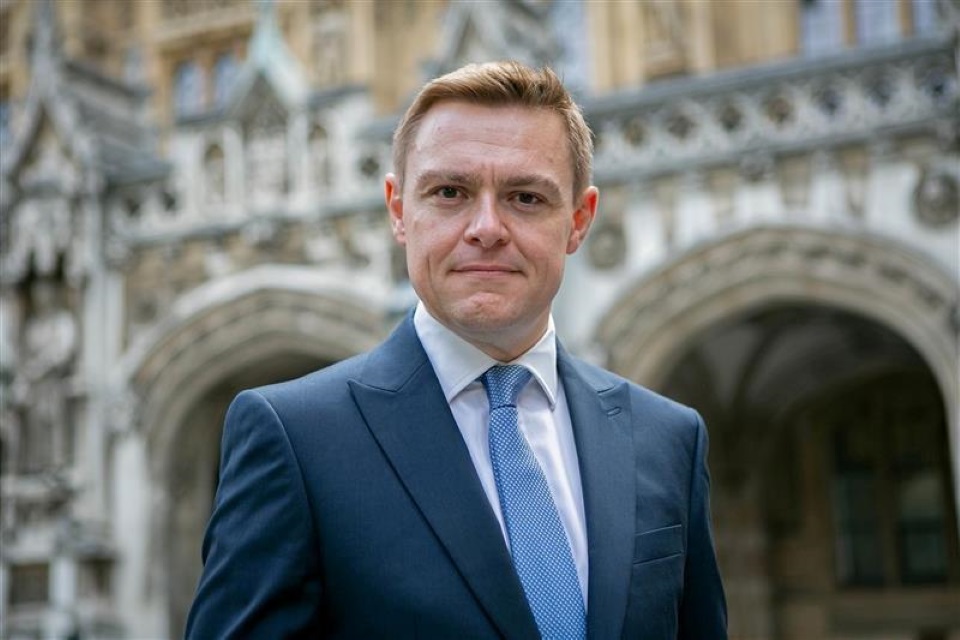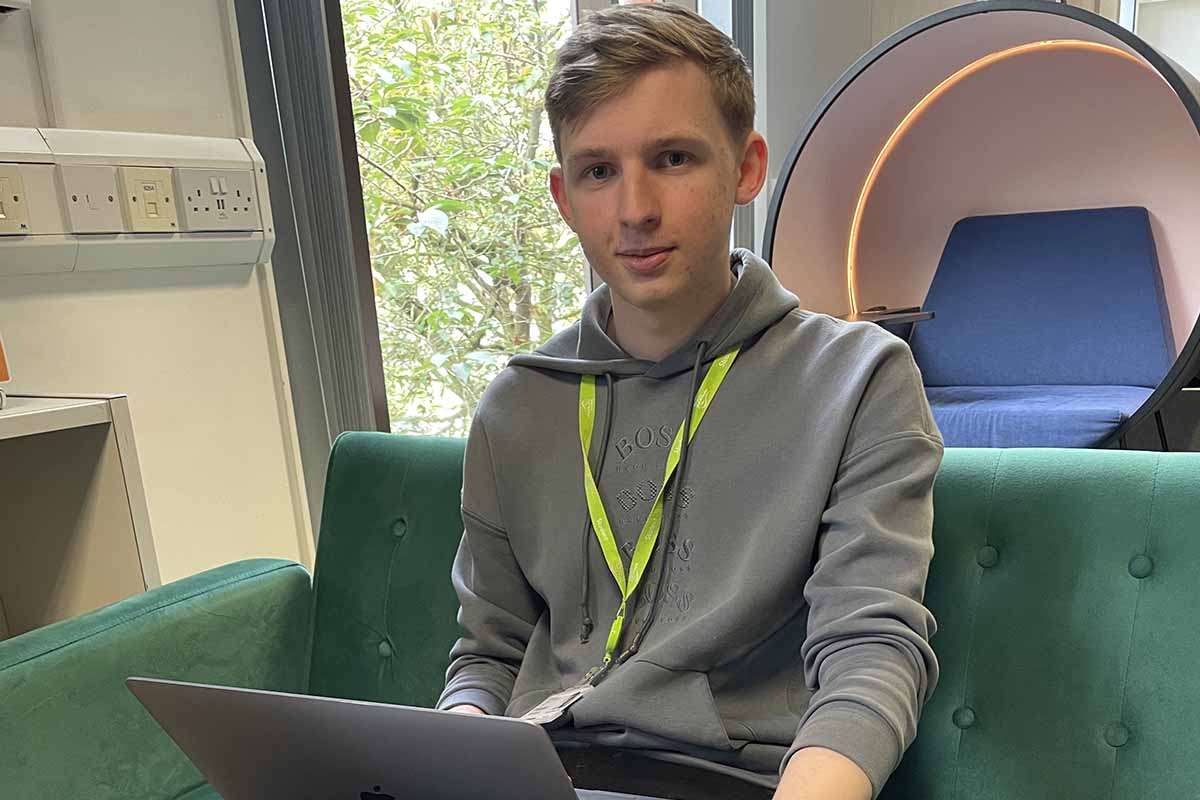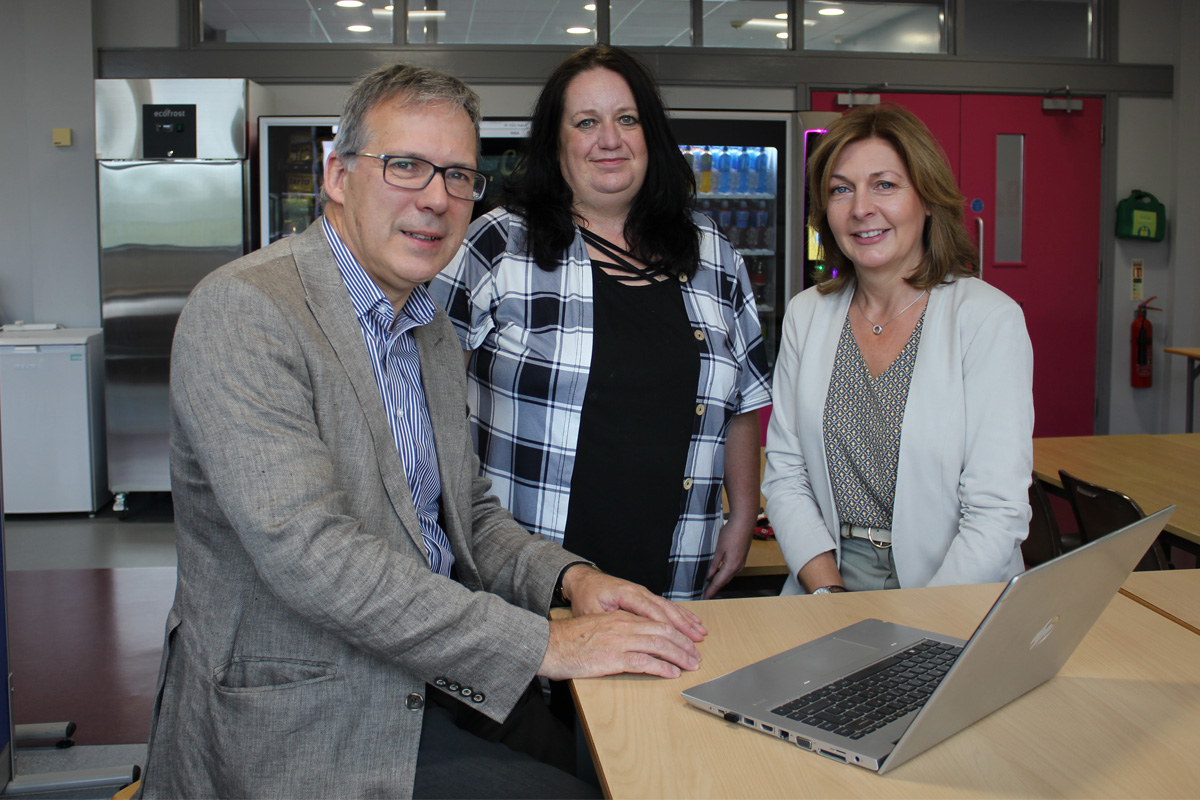SAFE Taskforce: £30 million targeted support to keep most vulnerable young people engaged in education and attending lessons

COUNTY LINES VIOLENCE HOTSPOTS TO BENEFIT FROM TARGETED SUPPORT
New taskforces are being rolled out to keep young people engaged with their education and avoid them becoming involved in county lines violence or criminal activity.
Young people across England who are most at risk of serious violence or gang exploitation will benefit from targeted support to keep them engaged in education and attending lessons.
The new initiative, backed by £30 million, is a part of a rollout of 10 ‘SAFE’ (Support, Attend, Fulfil, Exceed) taskforces in ‘hotspot’ areas, where incidents of serious youth violence are highest.
These will be led by local schools, bringing headteachers together to support vulnerable young people, and avoid them becoming involved in county lines and criminal activity.
The investment will help focus on improving pupils’ attendance, reducing the likelihood of young people being permanently excluded from school, keeping young people focused on their education.
Children and Families Minister Will Quince said:
“Keeping young people engaged with their education has never been more important. These taskforces are helping school leaders and vital support services work together to support some of the most vulnerable young people across the country, helping to keep them on the right track and stop them missing lessons.
“Through the work of these taskforces, combined with our ongoing SEND Review, the independent review of children’s social care, and our investment in Alternative Provision and other specialist support, this government is levelling up opportunities for all young people to help fulfil their potential and achieve better outcomes.”
The government have also today announced the 22 schools benefitting from Alternative Provision Specialist Taskforces, which work directly with young people in Alternative Provision settings to offer intensive support from experts, including mental health professionals, family workers, and speech and language therapists.
Bringing this wider range of professionals together aims to reduce the risk to these pupils of being exploited and entering a life of crime, and helping them move into further education, employment or training after they finish school.
In September government announced that young people at risk of exploitation would be supported through the SAFE and AP specialist taskforces.
The government is taking significant action to improve outcomes for all children and young people, including the most vulnerable and disadvantaged, through:
- Extending the role of Virtual School Heads – who work to raise educational standards for children in care – so there will be a local champion for children with a social worker in every local authority meaning more targeted support for these children to help improve how they engage with their education.
- Working with families who require early help through our Supporting Families programme, for example with attendance difficulties, but otherwise wouldn’t meet the threshold for social care intervention.
- Investing £17 million towards improving mental health and wellbeing support, including £9.5m to offer senior mental health lead training to around a third of all state schools and colleges in 2021/22, helping them to implement effective holistic approaches to mental health and wellbeing. This is on top of £79 million to increase mental health provision, including more mental health support teams working with schools and colleges.
- The ongoing SEND Review, which will be setting out plans for reform of the AP system that will improve outcomes for all children and young people including those in unregistered settings.
We are investing £10 million in behaviour hubs which launched in April and will enable schools and multi-academy trusts (MATs) with exemplary behaviour cultures and practices to work in partnership with those that want to improve their behaviour culture.
Earlier this year the Department for Education also announced an additional £8m for the AP Transition Fund for 2021/22 to support more young people in AP to move into the next stage of their education, work or training after they leave school, receiving further mentoring, pastoral support and careers guidance.
The Independent Care Review will provide important information to help address major challenges as part of the wholesale independent review of children’s social care to radically reform the system, improving the lives of England’s most vulnerable children so they realise the benefits of a stable, loving home.
Areas benefitting from a SAFE Taskforce
- Birmingham
- Newham
- Manchester
- Lambeth
- Leeds
- Southwark
- Sheffield
- Bradford
- Liverpool
- Haringey
Alternative Provision Settings benefitting from AP Specialist Taskforces
- Bradford AP Academy Centre, Bradford
- Haringey Learning Partnership, Haringey
- Manchester Secondary PRU, Manchester
- Orchardside School, Enfield
- Saffron Valley Collegiate, Croydon
- Sandwell Community School, Sandwell
- Snowdon Village (Bristol Future’s Academy), Bristol
- Southwark Inclusive Learning Service (SILS), Southwark
- Stephen Longfellow Academy, Leeds
- Tunmarsh School, Newham
- Unity Academy, Nottingham
- St Wilfrid’s Academy, Doncaster
- Park Campus Academy, Lambeth
- Brent River College, Brent
- City of Birmingham School, Birmingham
- Ealing Alternative Provision (EAP), Ealing
- Everton Free School, Liverpool
- Leicester Partnership School, Leicester
- London East AP, Tower Hamlets
- Sheffield Inclusion Centre, Sheffield
- The Clifton Centre, Salford
- New Regents College, Hackney
Published 2 December 2021
Last updated 17 December 2021 – hide all updates
- 17 December 2021 Added new alternative provision settings to taskforce list
- 2 December 2021 First published.











Responses